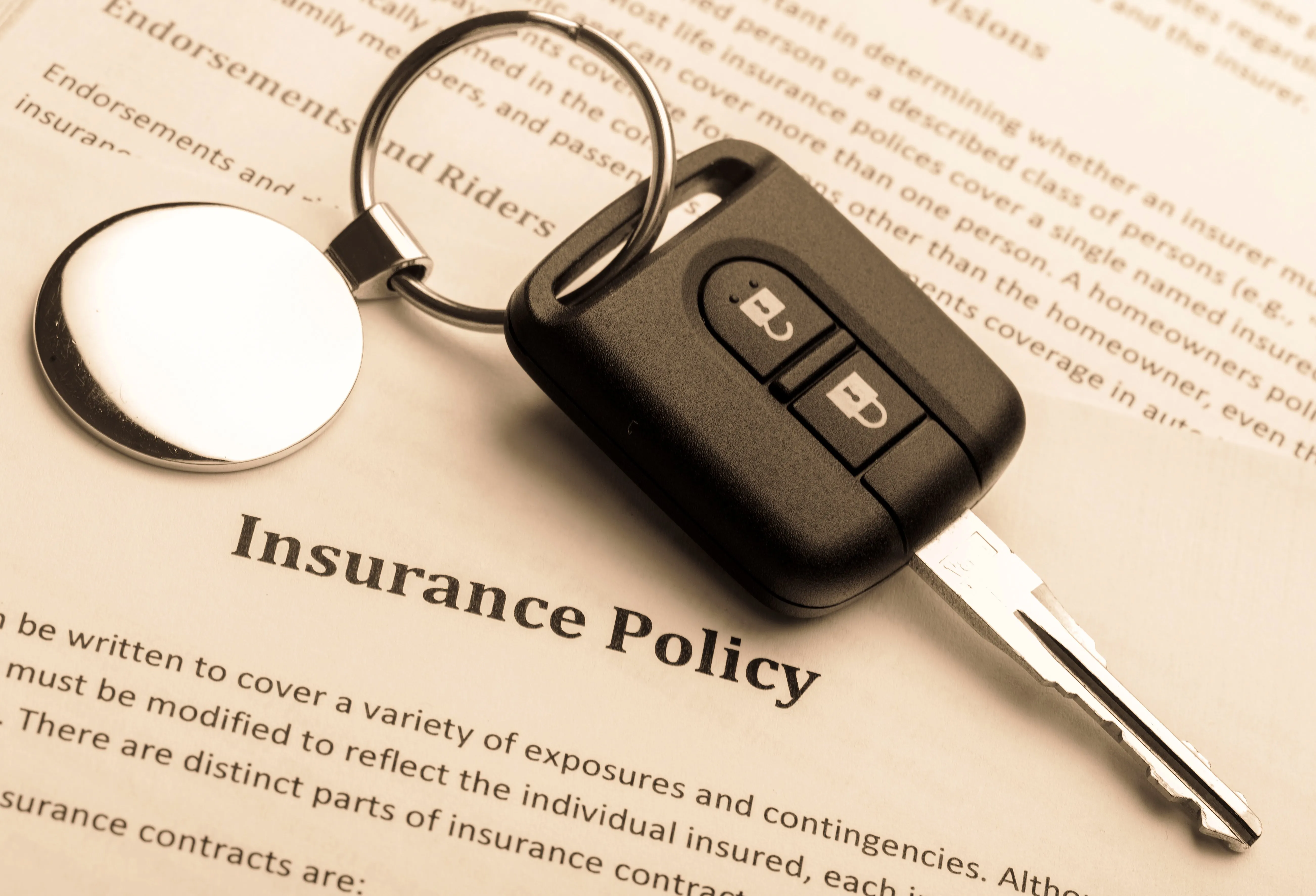Cheapest Car Insurance Q&A
When it comes to car insurance, there are some fundamental auto insurance questions that every driver needs to be aware of. Knowing just a few simple things means that you will have an easier time shopping for coverage and be able to quickly and accurately file a claim.
There are lots of questions lingering around about insurance. It is always the same question every now and then. That is why we decided to compile most of these questions along with reasonable answers for your convenience. However, regulations may differ from one state to another. Therefore, it is advisable that you consult your state department of insurance for clarifications.
Common Car Insurance Questions and Answers
How many auto insurance policies should I have?
There is no specific number. You can have more than one policy if you can afford it. The most important thing is to ensure your car insurance provides adequate coverage so you are not burdened financially in the event of an accident. Most states have set minimum liability amounts that one must carry. While you can opt for the lowest rate allowed in your state, it may not cover major damages. If you do not have substantial savings, this could burden you later.
What is the cheapest auto insurance rate?
The rate of car insurance varies from one person to another. Several factors determine your premium rate, including your driving record, age, gender, and the car you drive. Teenagers tend to pay more compared to adults because they are less experienced and have a higher accident risk. Shop around for the best deal. You can get free cheap car insurance quotes online to compare prices.
How do driving records affect insurance rates?
Your driving record significantly impacts your insurance rates. If you have a clean driving record, you are likely to get lower premiums. However, if you have a history of accidents or traffic violations, your rates will be higher. Insurance companies view new cars as higher risks and often charge higher premiums for them. Conversely, older cars may have lower insurance rates. Comprehensive coverage is advisable for those who drive frequently, as they are more prone to accidents and need medical assistance and car damage compensation.
What are the consequences of driving without insurance?
Driving without insurance is a serious offense. Penalties can be severe, including fines up to $1,000, jail time, and your car being impounded until you provide proof of insurance. Every car needs to be insured, and if you are pulled over, the officer will ask for proof of insurance. Failing to produce it will result in a hefty ticket and possibly having your car impounded.
Additional Commonly Asked Questions
What types of coverage should I consider?
The main types of coverage include liability, collision, comprehensive, personal injury protection (PIP), and uninsured/underinsured motorist coverage. Each type serves a different purpose, so consider your needs and budget when selecting coverage.
How can I lower my car insurance premiums?
Maintain a clean driving record, opt for higher deductibles, bundle your auto insurance with other policies like home insurance, take advantage of discounts, and shop around for better rates.
What is a deductible, and how does it affect my premium?
A deductible is the amount you pay out of pocket before your insurance kicks in. Higher deductibles usually mean lower premiums, but you will pay more in the event of a claim.
Are there discounts available for car insurance?
Yes, many insurers offer discounts for various reasons, such as having a good driving record, completing a defensive driving course, being a student with good grades, or installing anti-theft devices in your car.
Does my credit score affect my car insurance rate?
In many states, insurers use credit scores as a factor in determining premiums. A higher credit score can lead to lower rates, as it indicates financial responsibility.
What should I do if I'm involved in an accident?
First, ensure everyone's safety and call emergency services if needed. Exchange insurance information with the other driver, document the scene with photos, and report the accident to your insurance company as soon as possible.
Can my insurance rate change over time?
Yes, your insurance rate can change based on factors such as your driving record, changes in your credit score, or adjustments in the insurance company's pricing policies.
Is it possible to get temporary car insurance?
Yes, some insurers offer temporary or short-term car insurance policies, which can be useful for specific situations like renting a car or borrowing a friend's vehicle.
How does the type of car I drive affect my insurance rate?
The make, model, and year of your car affect your insurance rate. Luxury cars, sports cars, and newer models typically have higher premiums due to higher repair costs and increased theft risk.
What is gap insurance, and do I need it?
Gap insurance covers the difference between what you owe on your car loan and its actual cash value in case of a total loss. It is particularly useful if you have a high loan balance or lease your car.
Can I add other drivers to my policy?
Yes, you can add other drivers to your policy. Make sure to list all household members who may drive your car to avoid coverage issues in case of an accident.
How do I choose the right insurance company?
Consider factors such as the company's reputation, customer service, claims process, and financial stability. Reading reviews and getting recommendations from friends and family can also help.
By understanding these basic questions and answers about car insurance, you can make more informed decisions and find the coverage that best suits your needs. Always remember to consult with your state department of insurance for specific regulations and clarifications.4o

